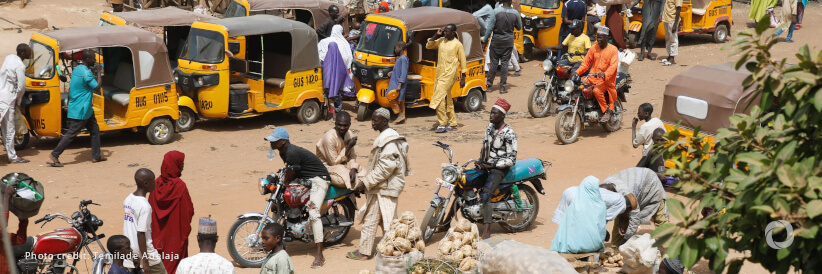In a move underscoring greater African ownership in development financing, five African nations have collectively pledged $16 million to the next replenishment of the African Development Fund (ADF), the concessional window of the African Development Bank Group.
Governors representing The Gambia, Ghana, Liberia, Sierra Leone, and Sudan formalized their commitment at a constituency meeting held on the sidelines of the Bank Group’s Annual Meetings in Abidjan, Côte d’Ivoire. The meeting also honored the leadership contributions of Sierra Leone’s Finance Minister, Sheku Bangura, chair of the constituency’s governors, and Rufus Darkortey, Executive Director, both of whom were completing their terms.
“Three years ago, the road looked steep,” Chair Bangura reflected. “But together, we turned challenges into stepping stones, building resilience, amplifying our voice, and unlocking greater financing flows for our countries.”
Darkortey noted that the new commitments represented the first time all five countries belonging to a constituency of the Bank had contributed to the ADF.
“This is a powerful message that Africa is not just a recipient but a partner in shaping its future,” he affirmed.
The increased pledges, up from a collective $5 million in the previous cycle, signal a growing commitment among African countries to bolster home-grown financing solutions. Ghana’s pledge rose to $5 million, while Sudan, Liberia, and Sierra Leone each pledged $3 million, with the Gambia committing $2 million. This has raised the total number of contributing African countries from 8 to 13 – a 62.5 percent increase in continental participation.
The meeting also welcomed two new Governors: Dr. Cassiel Ato Forson, Ghana’s newly appointed Finance Minister, and Augustine Kpehe Ngafuan, Liberia’s new Minister for Finance and Development Planning. Both are expected to play crucial roles in shaping the constituency’s forward-looking strategy.
Beyond funding, the constituency reaffirmed its commitment to domestic resource mobilization as a cornerstone of sustainable development. Reforms in the Gambia doubled its tax-to-GDP ratio within two years. Ghana’s digital revenue systems and improved compliance frameworks have enhanced its fiscal space. Liberia was selected as the pilot country for the Bank’s Youth Entrepreneurship Investment Bank initiative and saw the Bank commit $40 million toward the Ghana SME Growth Opportunity Fund.
During his tenure, Executive Director Darkortey led 17 missions across member countries, strengthening the Bank’s operational footprint. Plans are underway to establish a Bank office in The Gambia, while Ghana is receiving targeted macroeconomic support. Liberia’s Coastal Highway Phase I is being considered for approval in 2025, and Sierra Leone’s country office construction continues alongside the Lungi Bridge project. Sudan received emergency crisis response and food security support.
As the constituency transitions to a new leadership, Bangura outlined a strategic vision aimed at positioning member countries as active partners rather than passive recipients.
“The message from the Bank and development partners is clear: future resources will hinge on performance, selectivity, and a reduced grant component in financing,” he noted. “This is our moment to position our countries not as passive recipients but as agile reformers and credible investment destinations.”
The constituency’s future strategy includes transitioning from ADF to African Development Bank financing, attracting private capital, transforming remittance flows into development instruments, and maintaining vigilant engagement in Bank governance.
“We may not control global tides, but we can control how we navigate them. The storm is strong. But so is our resolve, our unity, and our future,” Bangura stated, reflecting on the progress made and challenges ahead.
Darkortey urged member to mainstream domestic resource mobilization in their national strategies and prioritize domestic private-sector development.
“If you get Domestic Resource Mobilization and the private domestic sector right, your development will be stronger and faster,” he said.

